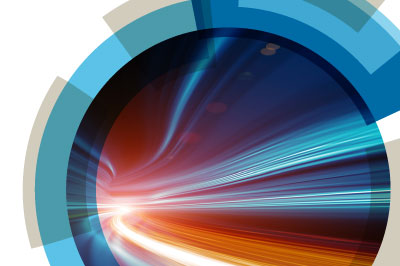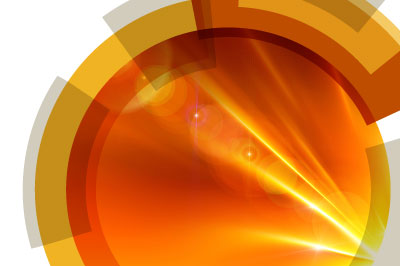Reaction rate theory is essential for understanding and simulating chemical reactions. Progress in this field has been rapid recently, and has included the development of completely new techniques for including quantum effects in chemical reactions (including coupled proton-electron transfer), the application of rate theory to enzymes, and the development of efficient simulation techniques for treating very large systems. Many of these exciting recent developments are the result of ideas transferring between branches of the subject that used to be considered distant from each other: e.g., classical simulation techniques are now used in quantum rate calculations
Themes
- Fundamentals: This session will include recent developments in quantum rate theory (RPMD, instanton rate-theory, surface hopping, MCTDH), and developments in classical rate theory simulation, such as the latest developments in transition-path-sampling (TPS) and other sampling methodologies
- Gas-phase and surface reactions: This will range from accurate benchmark studies of gas-phase reactions, to more approximate rate calculations in the gas phase, in gas-surface reactions, and in reactions on surfaces including heterogeneous catalysis
- Electron transfer and coupled proton-electron transfer reactions: This will include discussions of Markus theory calculations on realistic systems, method development, calculations on coupled proton-electron transfer systems, and contributions from experimentalists
- Biological systems: In keeping with the remit of the Discussion, we will focus on areas of biological rates simulation that overlap with the areas above. These will include calculation of rates in enzymes, including recent work on proton and hydride transfer, the development of force-fields capable of describing bond breaking
Aims
The aim of this discussion meeting is to bring together theoretical and physical chemists, molecular biologists, solid state physicists and bio-physicists in academia and industry to discuss recent advances in reaction rate theory










